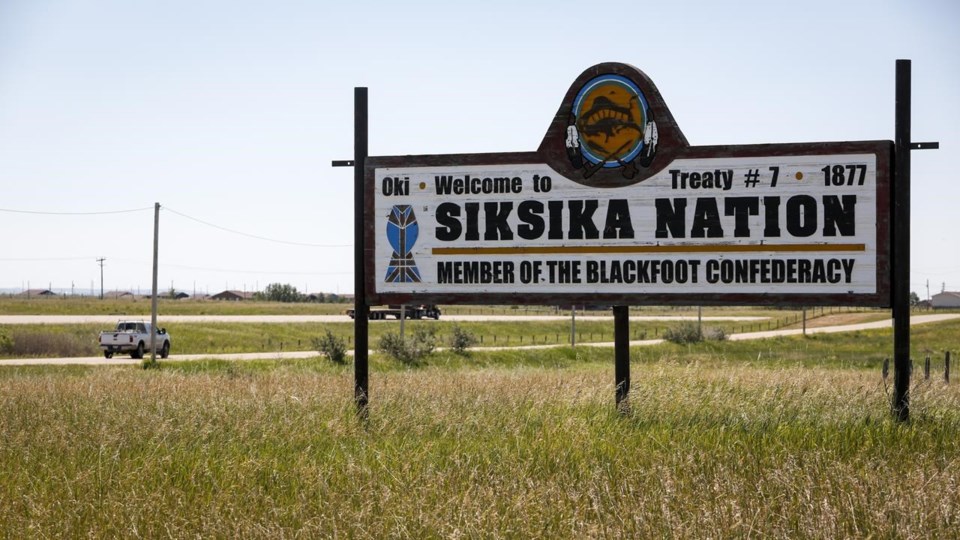CALGARY — Representatives from three First Nations in southern Alberta have filed a complaint against the federal government for alleged discrimination against adults with developmental disabilities. Â
The complaint from the Siksika, Piikani and Kainai or Blood Tribe First Nations, which was filed with the Canadian Human Rights Commission, accuses Indigenous Services Canada of "systemic discrimination" against adult members with disabilities.
Siksika Coun. Tracy McHugh said federal supports are available for children with disabilities who live on reserves until they turn 18. After that, families can stay on the reserves with no supports or they can access help throughAlberta's Persons with Developmental Disabilities program. But in order to get those provincial supports, they would have to move off reserve.
"Neither of those choices is ideal. Neither of those choices is something a parent or guardian should have to make," said McHugh.
"They have to leave the reserve, and we come from a people that is predominantly under poverty, and ask them to uproot everything to move and leave family behind," she added.
"You leave a whole lot of that culture behind ... to go and access funding. It creates isolation. It creates hardship."Â
McHugh said her sister was injured in a horse riding accident as a teen, and the family has been fighting for supports for a long time.
Since reserves are under federal jurisdiction, she said, it is up to Indigenous Services Canada to step up and establish stable and equitable funding for the creation of comprehensive and culturally appropriate programs, supports and services to meet the needs of the Blackfoot Nations.Â
McHugh said Siksika council raised the issue in a private meeting with Prime Minister Justin Trudeau last June.
"It's a long time coming. A very, very long time coming," McHugh said.
"Every government has failed our people with developmental disabilities on the reserves. My sister was hurt when she was 14. She's 42 now. That's almost 30 years and the governments have changed out many times."
Blood Tribe Coun. Tony Delaney said it's a matter of fairness and what's best for those with disabilities, without taking them away from their families or culture.
"These are I believe our most vulnerable people. And at times they don't have a voice and we want to be that voice for all of them," Delaney said.
"When they turn 18, they pretty much have to leave the reserve and move into surrounding towns to be able to get the services that every Albertan gets. We could do a lot better taking care of our own."
Indigenous Services Canada said it is aware of the complaint but has not received the details.
"The department takes allegations of discrimination very seriously. As details are received by the department, ISC will take the time to carefully review," spokeswoman Megan MacLean said in an email.
"Supporting the health and well-being of First Nations communities and individuals is a top priority for Indigenous Services Canada. We remain committed to working with all partners in addressing gaps and improving access to the supports and services that people need."
This report by The Canadian Press was first published Oct. 13, 2022.
Bill Graveland, The Canadian Press


.png;w=120;h=80;mode=crop)

